Republicans Asked For ‘Obamacare Horror Stories.’ It Didn’t Go Well.
That sure didn’t go as planned.
Indiana Republicans called for people to share “Obamacare horror stories” on social media, but the only horror many people expressed was at the idea of losing it if the GOP repeal plan passes Congress.
The post drew thousands of replies on Facebook and dozens on Twitter, and the vast majority had the opposite of “horror” stories.
Instead, they recounted how the Affordable Care Act had helped them, and urged Republicans to keep it in place.
Here are some of those responses:
“Obamacare means that my baby who fought leukemia and won can’t be denied coverage for a pre-existing condition,” wrote Heather E. Denise-Kill. “Obamacare means she gets the care she needs and we don’t have to chose between her health and keeping our home.”
The real horror story was before the ACA when I wasn't covered for a pre-existing condition. #obamacare #aca
— Polly Woke (@PollyWokeUp) July 3, 2017
“I started my own company since the ACA passed,” wrote Keith Cruz. “I know quite a lot of others who have done the same thing now that affordable healthcare is not tied to an employer.”
ACA worked well for me. Great service/support. Great docs/hospitals. Please appropriate more $$ to improve online experience-that would help
— Ron Mead (@RonMead79) July 3, 2017
“As a breast cancer survivor I was dropped by 2 insurance companies before joining ICHIA, Indiana’s high risk pool,” wrote Janet Rhodes Chilton. “Obamacare was such a huge relief!! Not only was the cost of my insurance about 10% of what I had been paying monthly for over a decade, I actually got to see doctors and physical therapists to fix long neglected medical problems.”
Side note: cancer at 25 on parents insurance thanks aca. Can still get insurance. Not dead or bankrupt: the horror
— Rachael (@gnrhippie) July 4, 2017
“My ‘horror’ story is that I’m able to get the care I need for a disability without worrying about pre-existing conditions restrictions, lifetime limits, and irrational denials of coverage or non-renewals because I use my benefits,” wrote Tim Vermande.
Love HuffPost? Become a founding member of HuffPost Plus today.
Obamacare enabled me to get insurance despite a preexisting condition. The exchange allows my daughter to afford the cost of insurance.
— K Saxon (@KateSharpUSA) July 4, 2017
“My aunt was self employed and went years with no coverage. With Obamacare she got a colonoscopy that revealed 17 polyps,” wrote Heather Long. “These were removed and her life was saved.”
My dad got all his medicine for free instead of having to pay for it! The horror!
— RealSJB (@RealSJB) July 5, 2017
“My horror story is that my elderly parents are no longer denied coverage or have to pay obscene premiums & they have peace of mind they won’t go bankrupt,” wrote Jennifer Myers.
“My daughter is able to get her hearing checked regularly to keep her hearing aids programmed correctly so she can excel in school,” wrote Sarah Lawrence. “I have insurance despite having pre existing conditions, and I can afford my seizure medication! Thanks Obamacare...or officially known as the Affordable Care Act.”
Also on HuffPost
1912
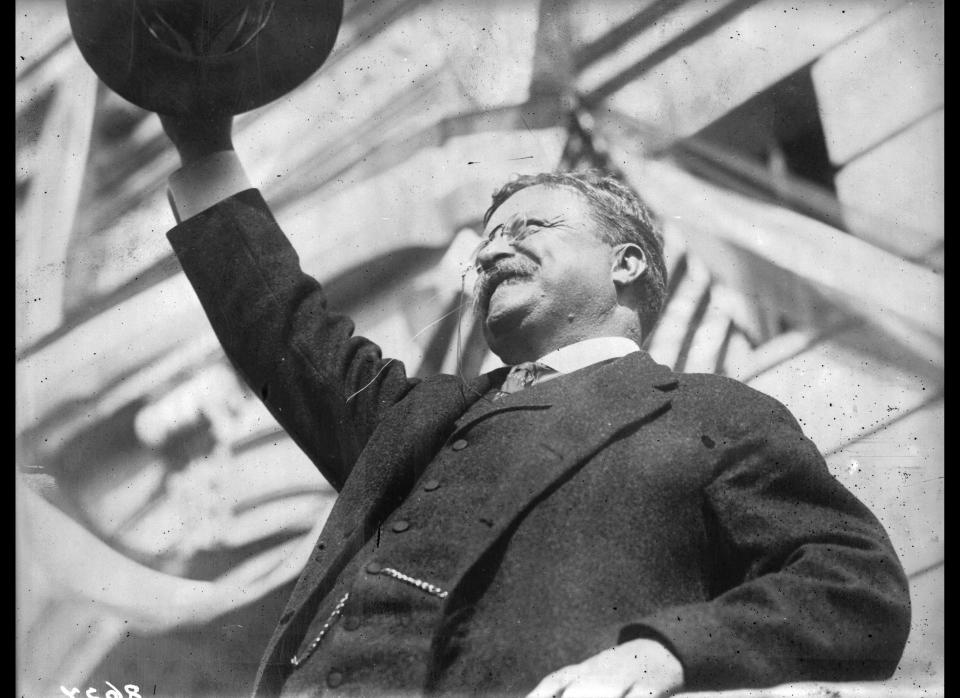
1935
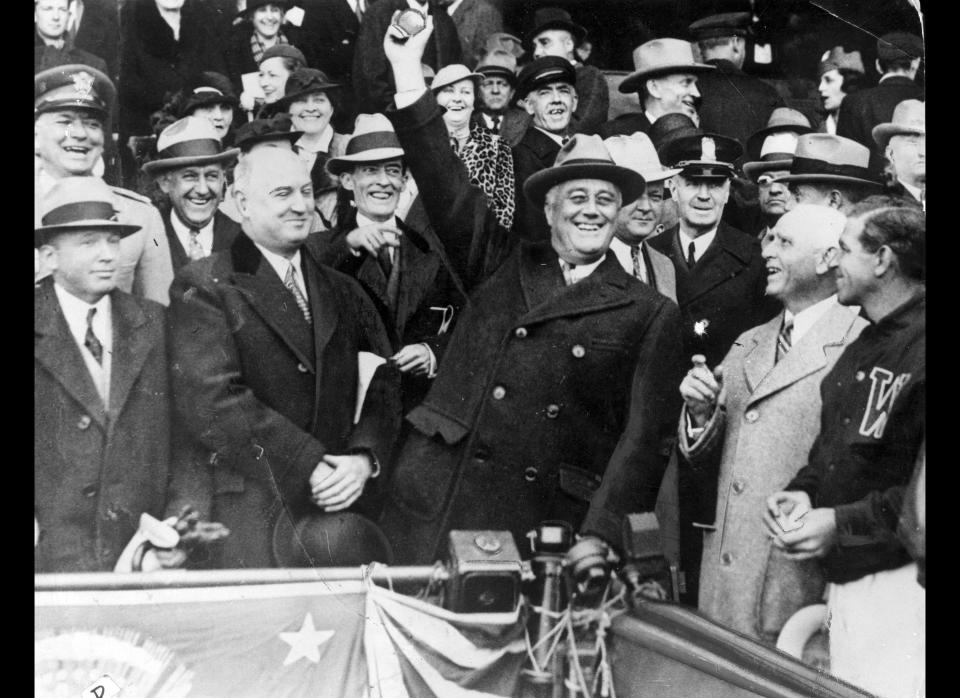
1942
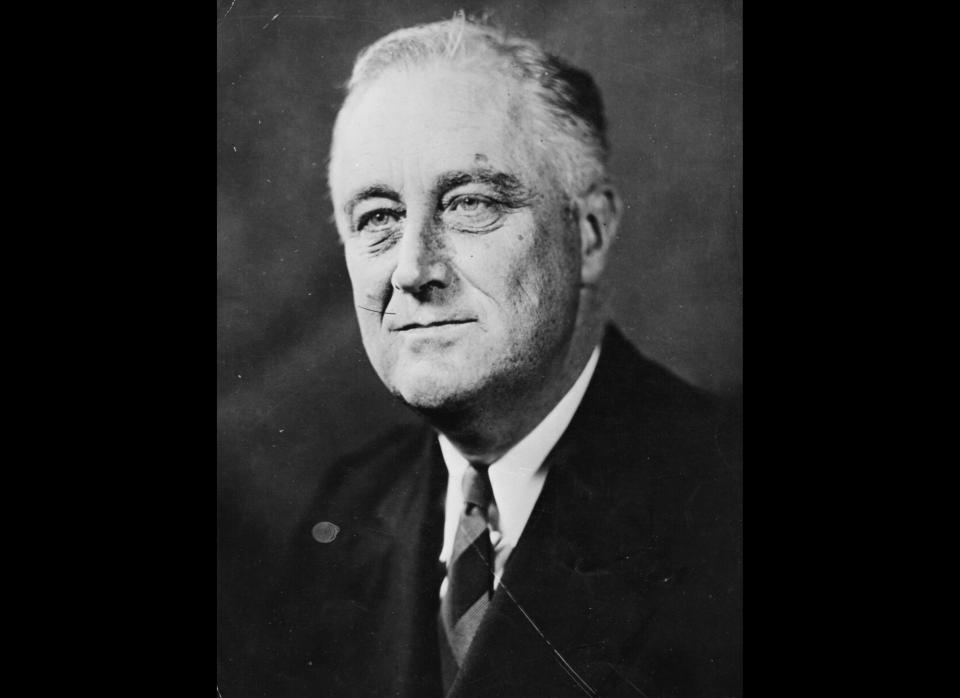
1945
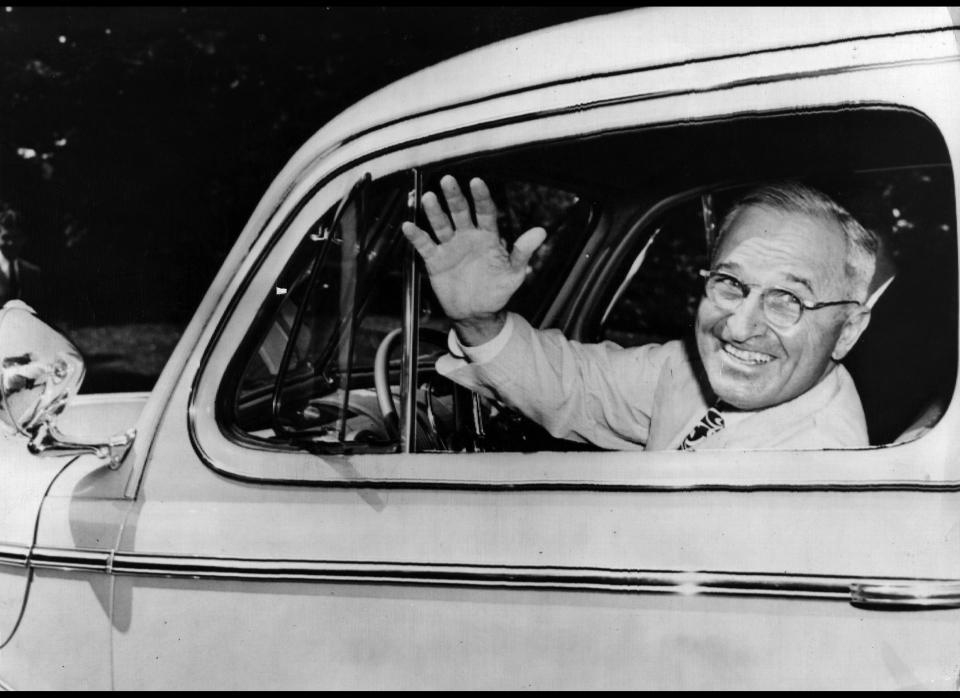
1960
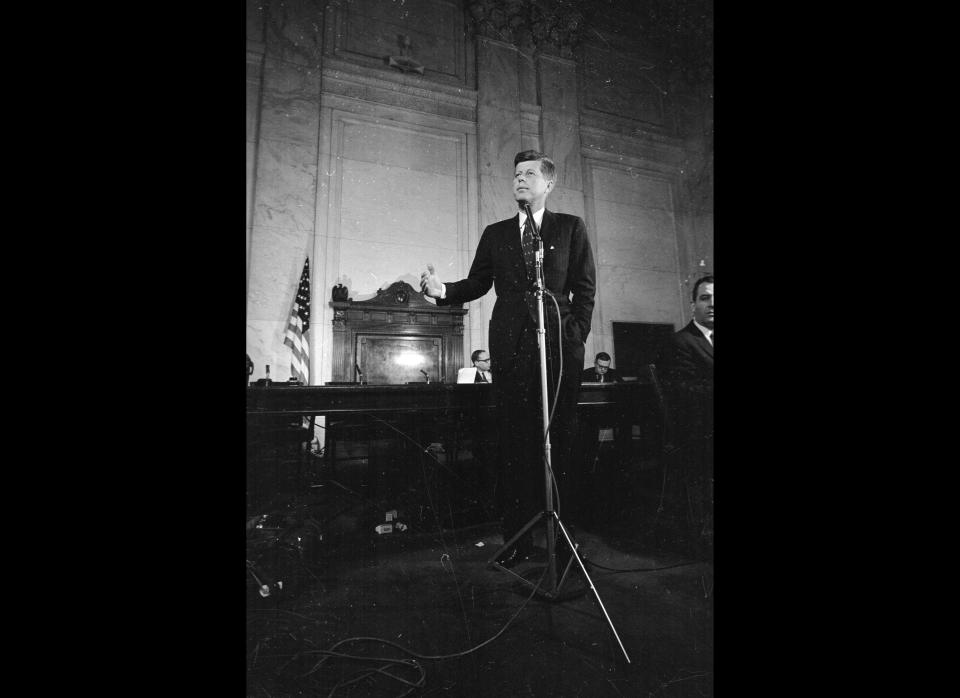
1965
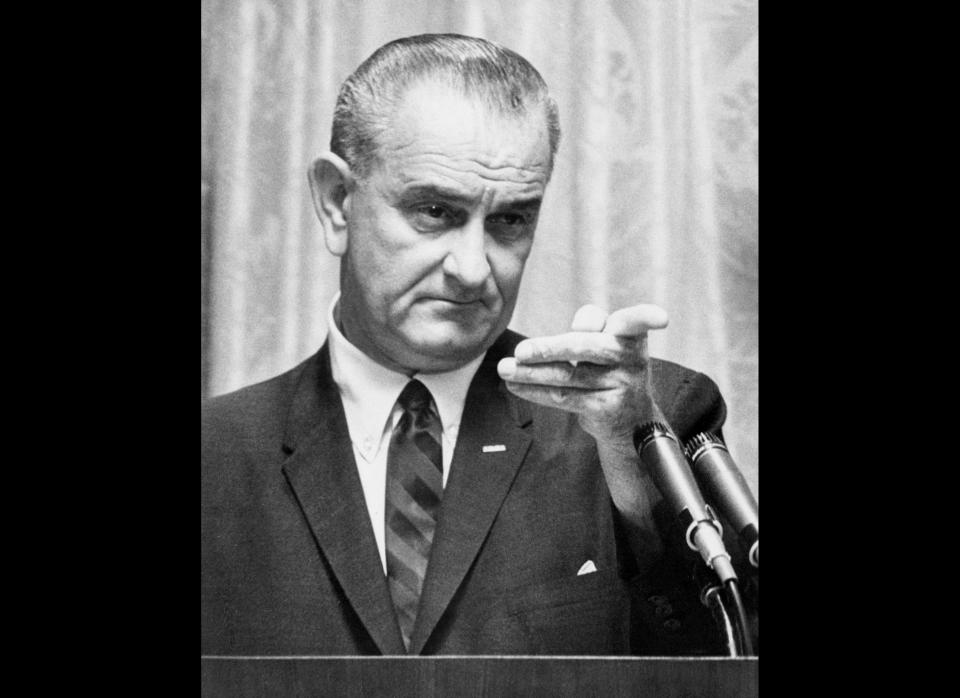
1974
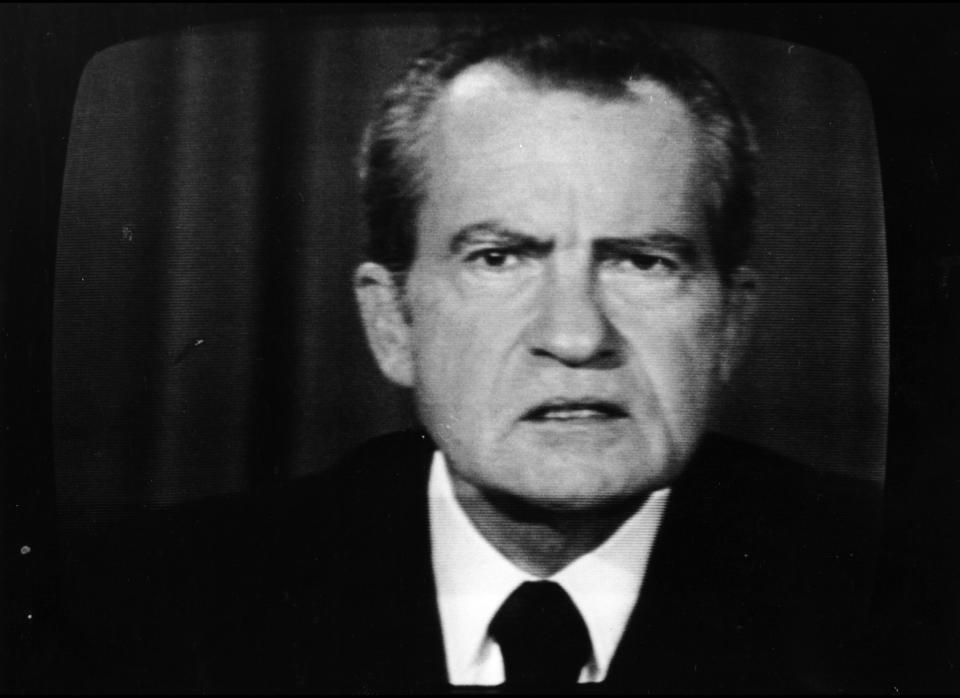
1976
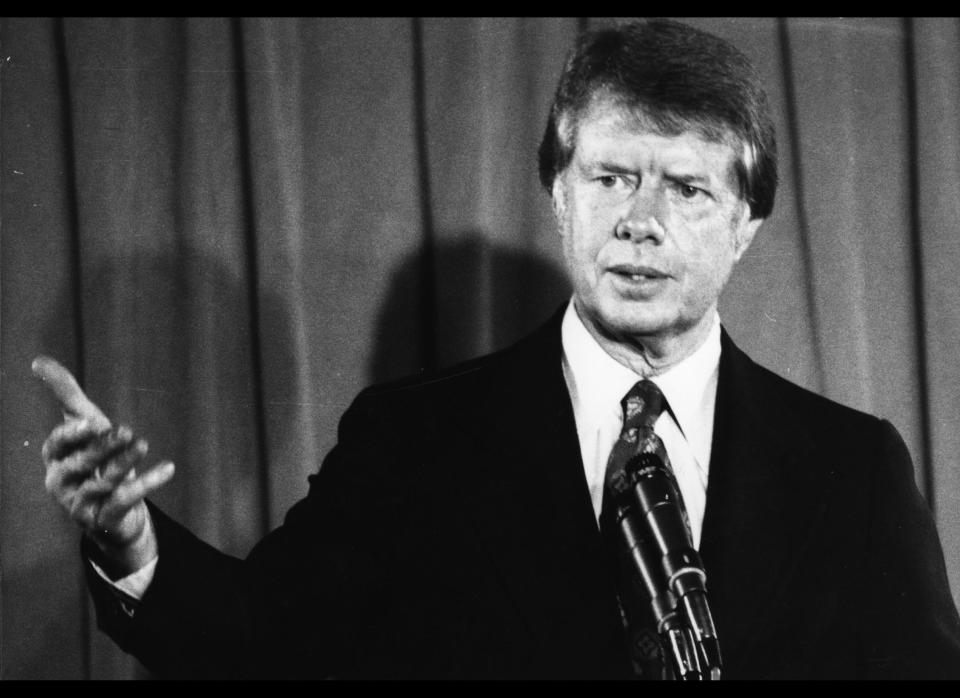
1986
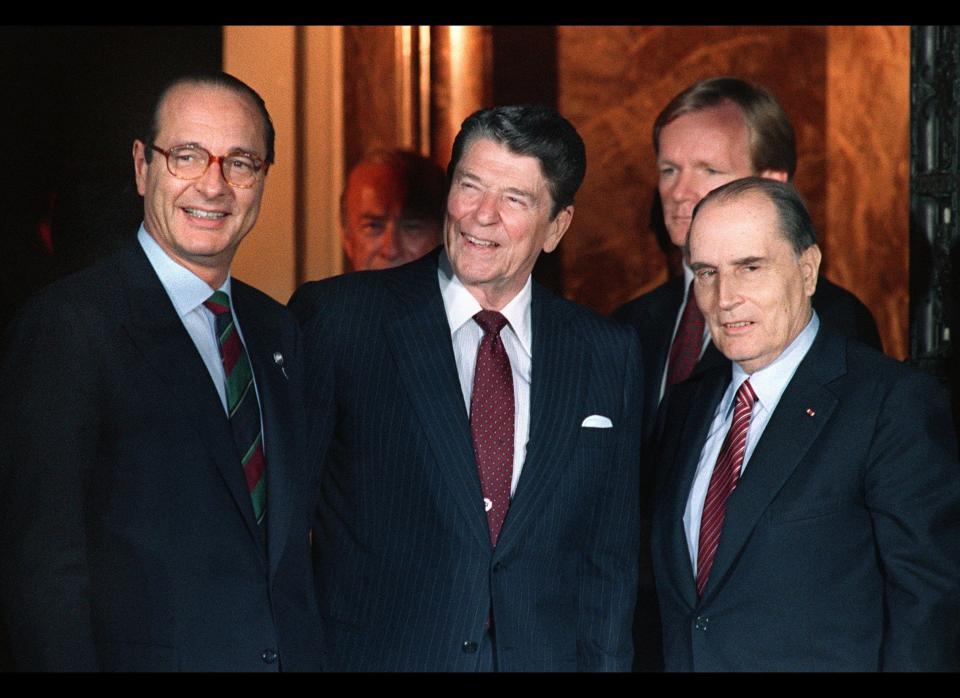
1988
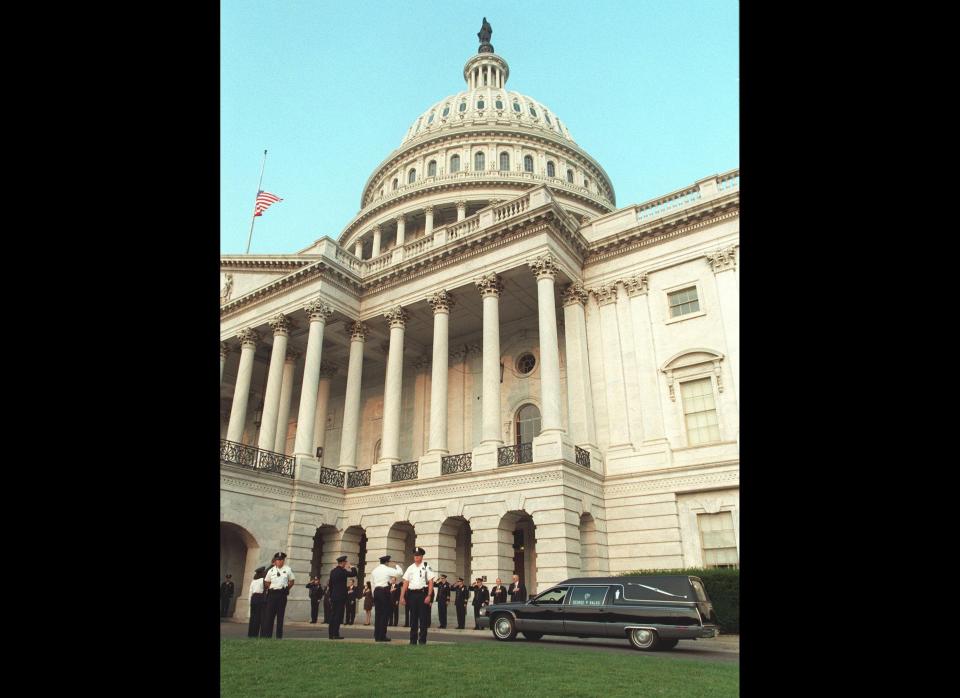
1993
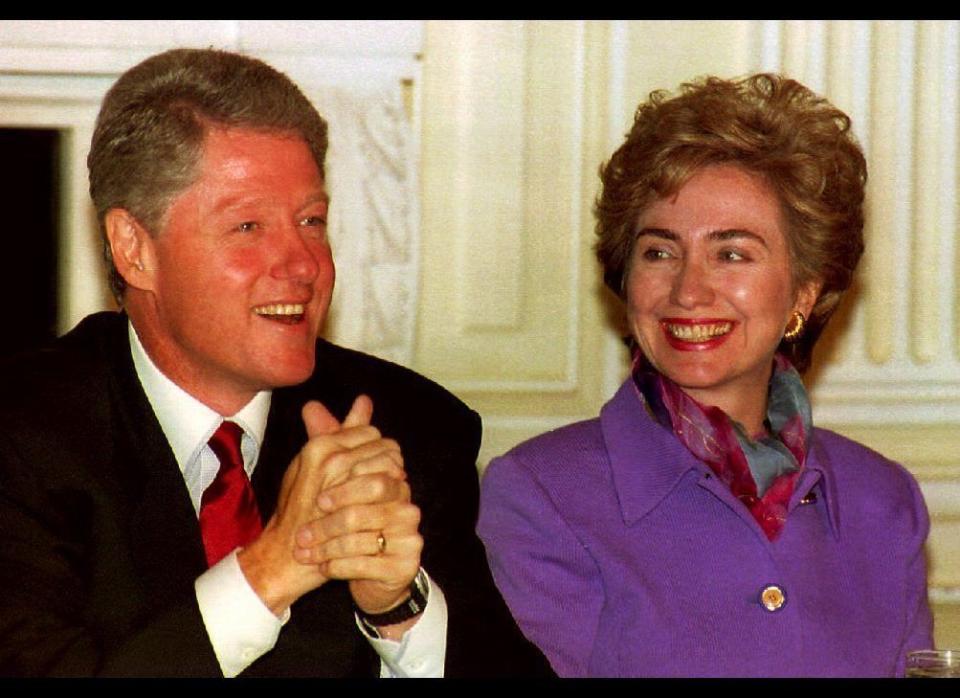
1997
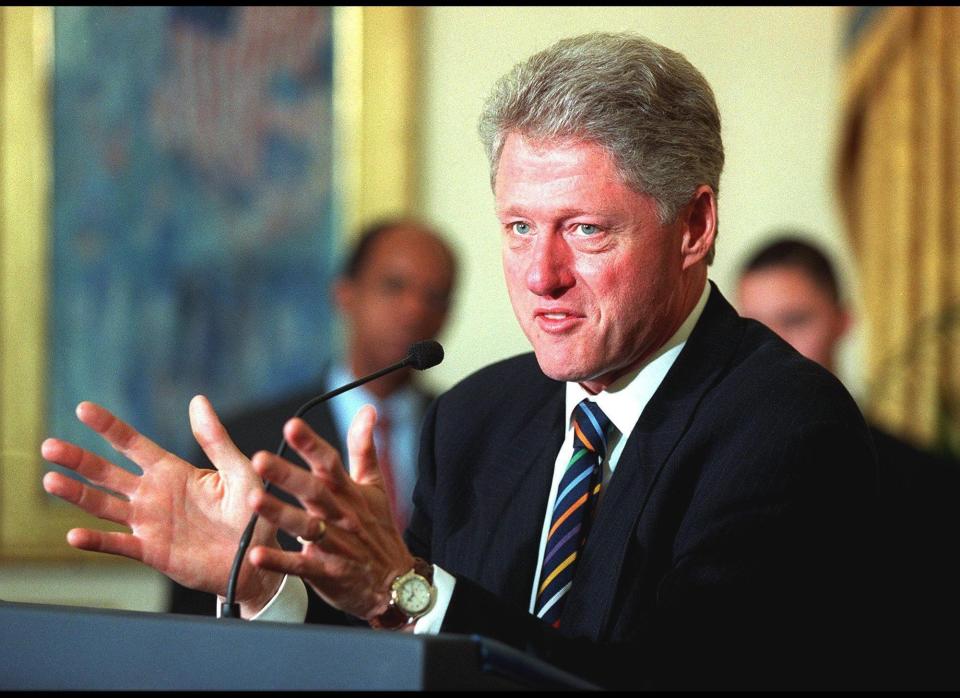
2003
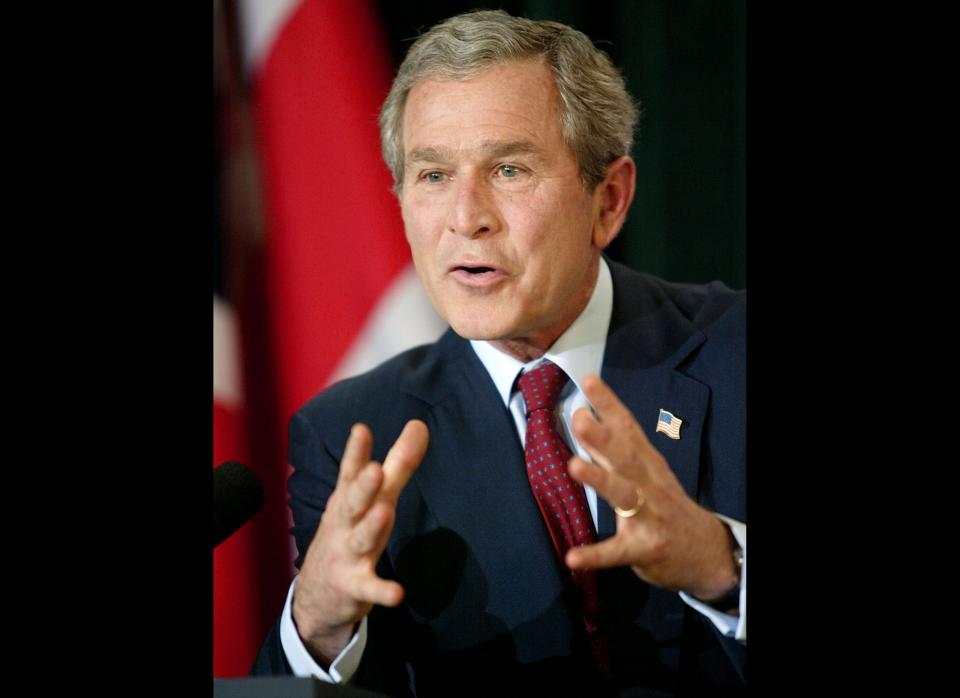
2008
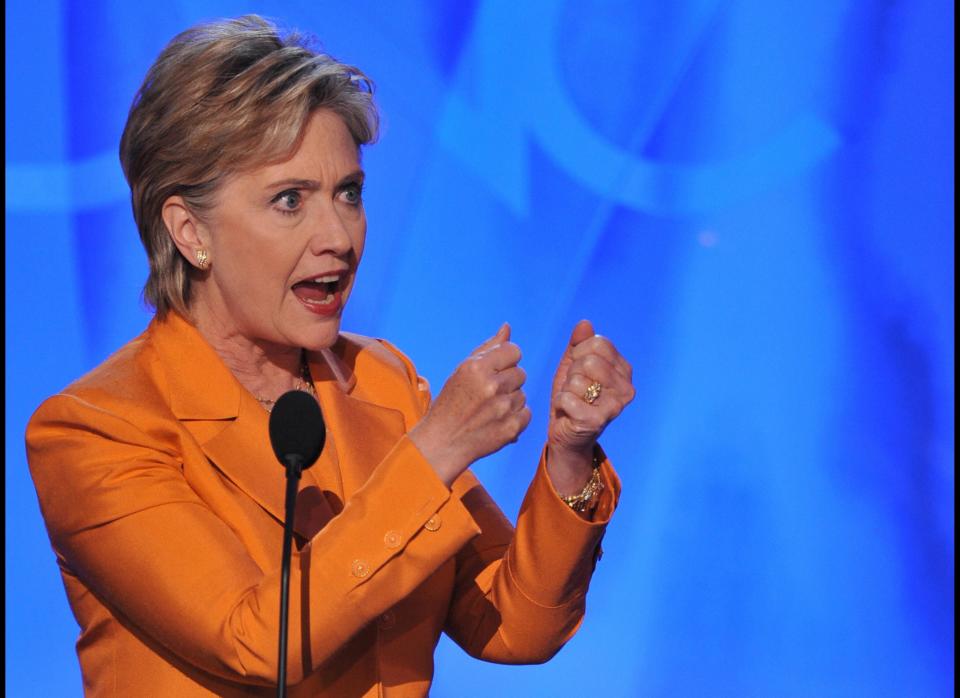
2009
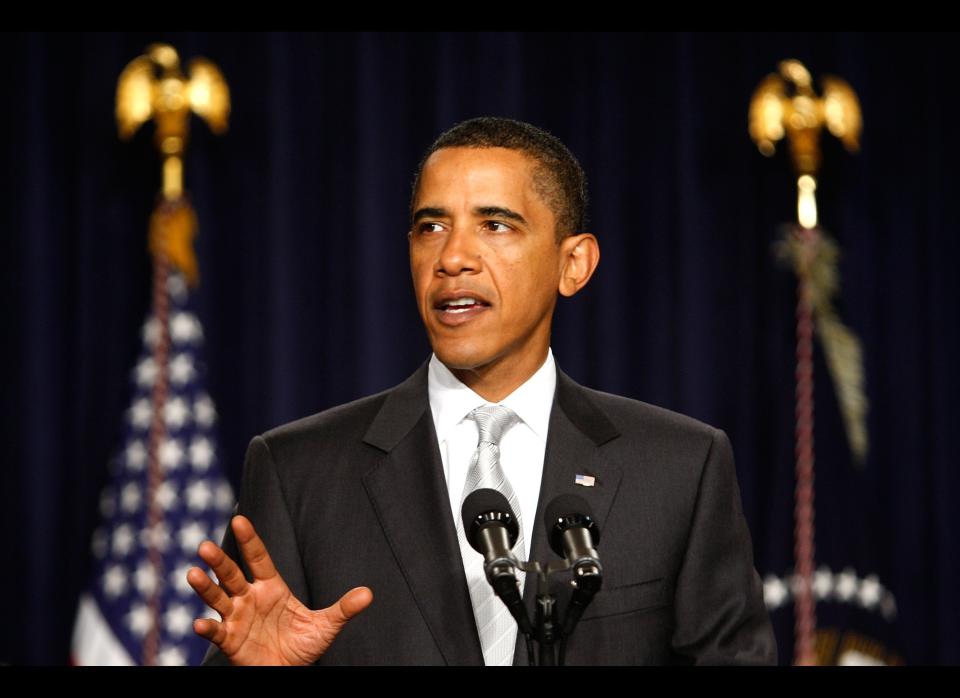
2010
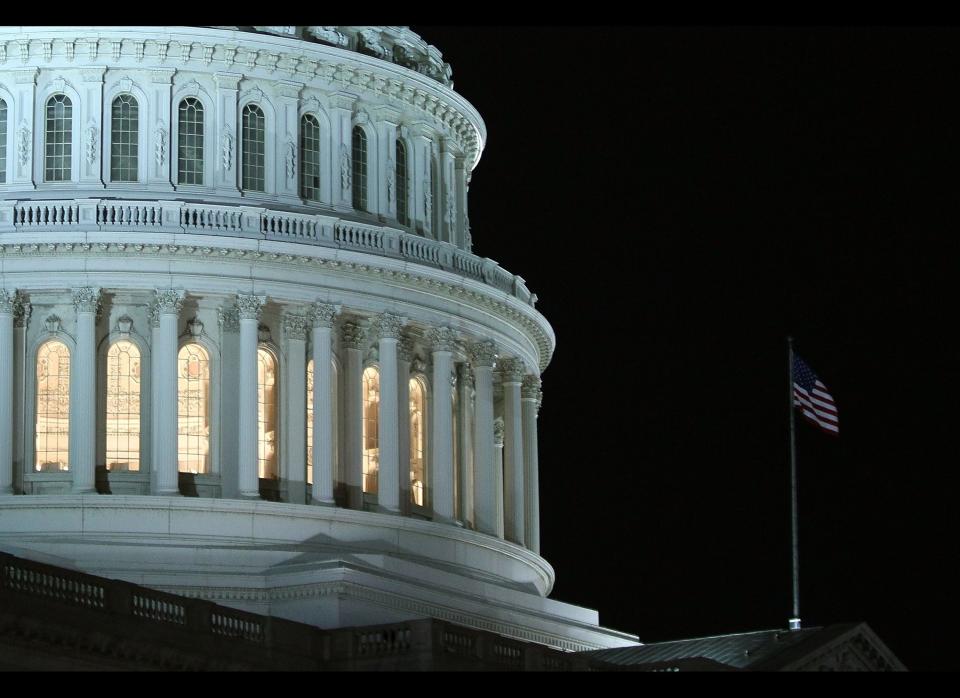
2012
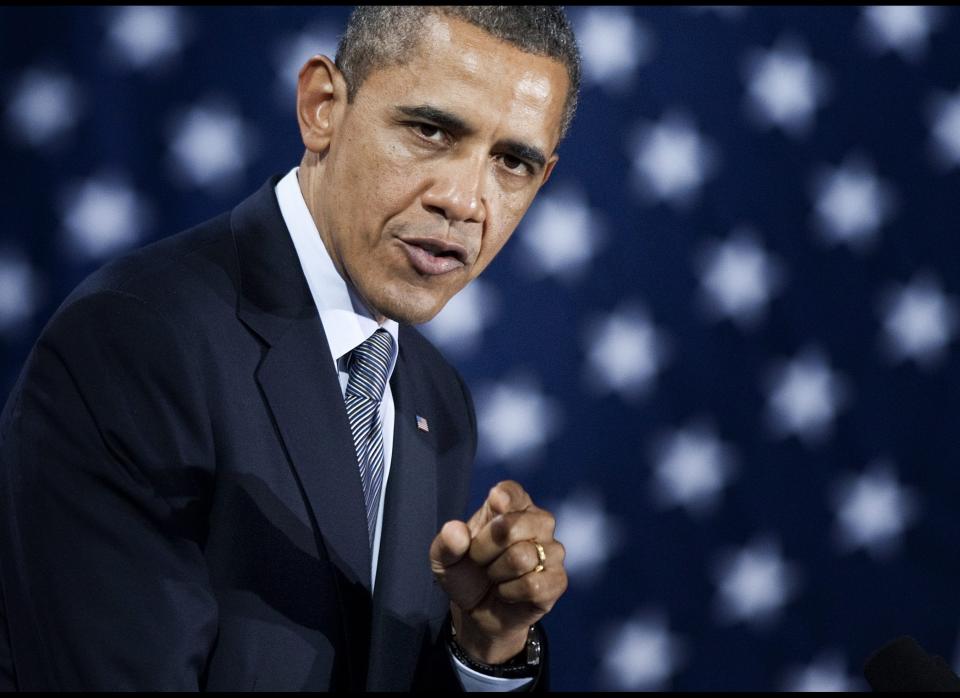
This article originally appeared on HuffPost.

